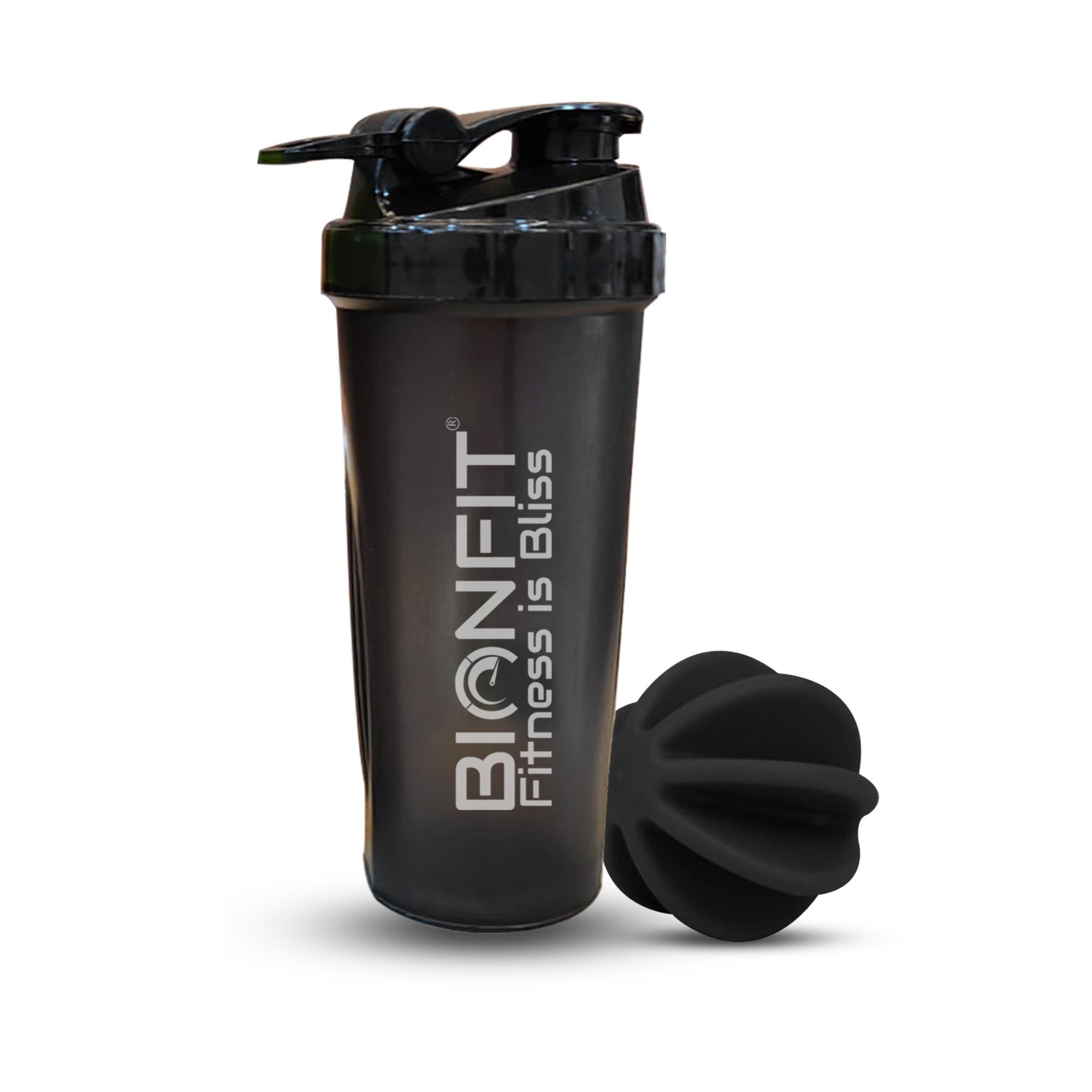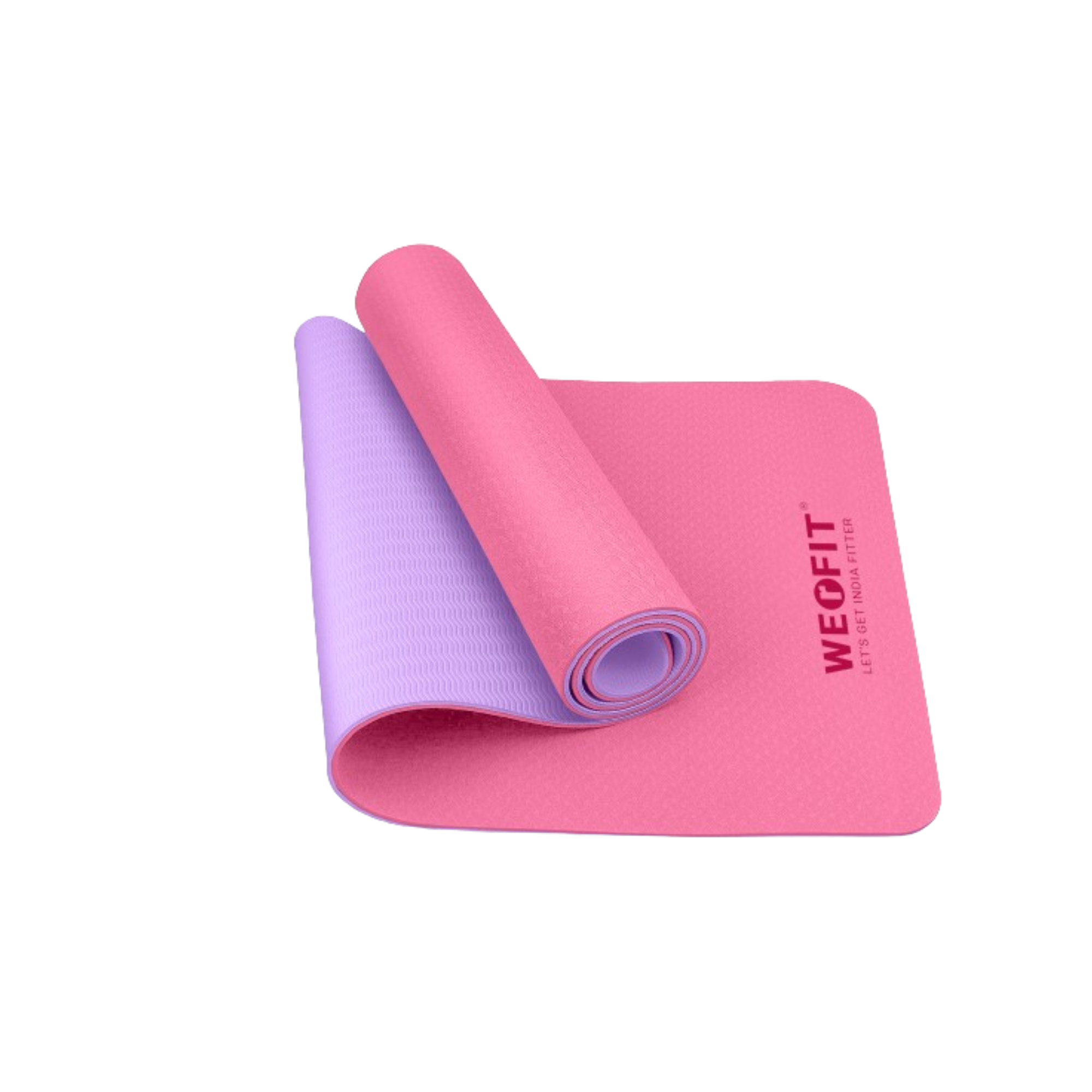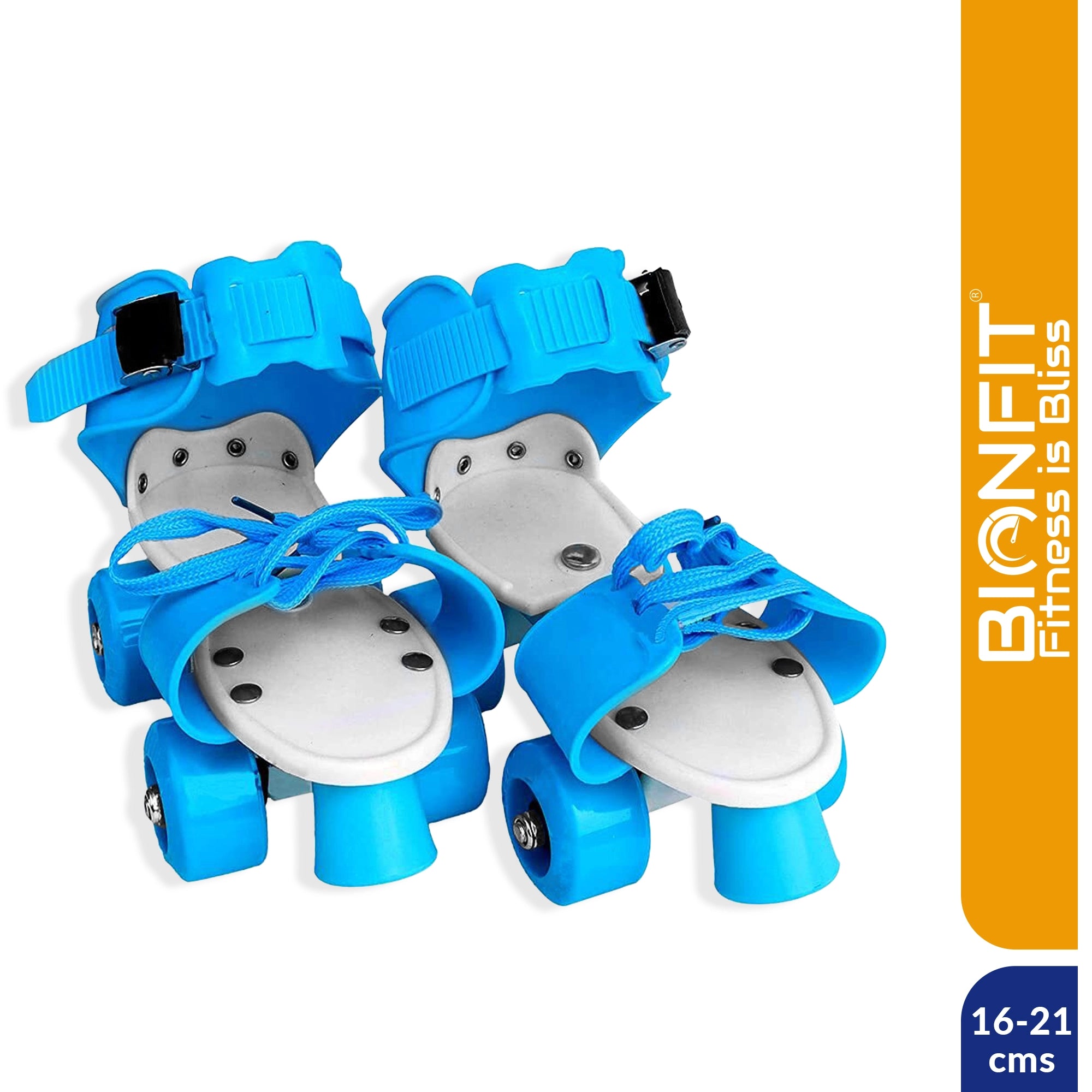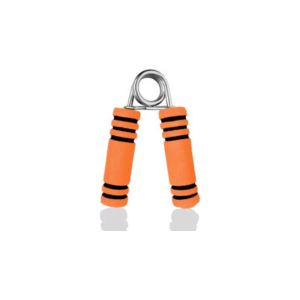
How can I create a balanced diet plan for optimal health?
Creating a balanced diet plan is essential for maintaining optimal health. But what exactly is a balanced diet, and why is it so important? In this guide, we'll break down everything you need to know to create a diet that nourishes your body and supports your health goals.
Understanding Macronutrients
Macronutrients are the cornerstone of any balanced diet. These include carbohydrates, proteins, and fats, each playing a crucial role in your overall health.
Carbohydrates
Carbohydrates are the body's primary energy source. They can be categorized into simple and complex carbs.
Simple vs. Complex Carbs
Simple carbs, found in sugary snacks and drinks, provide quick energy but can lead to spikes in blood sugar. Complex carbs, like those in whole grains and vegetables, offer sustained energy and are packed with fiber, which aids digestion.
Proteins
Proteins are vital for building and repairing tissues. They can be sourced from both plants and animals.
Plant-Based vs. Animal-Based Proteins
Plant-based proteins, such as beans and nuts, are excellent for those following a vegetarian or vegan diet. Animal-based proteins, including meat and dairy, are complete proteins containing all essential amino acids.
Fats
Fats are essential for brain health and hormone production. They should not be avoided but chosen wisely.
Healthy Fats vs. Unhealthy Fats
Healthy fats, like those in avocados and olive oil, support cardiovascular health. Unhealthy fats, such as trans fats found in fried foods, can increase the risk of heart disease.
Essential Micronutrients
While macronutrients are needed in large amounts, micronutrients are just as crucial but required in smaller quantities.
Vitamins
Vitamins are organic compounds necessary for various bodily functions.
Water-Soluble vs. Fat-Soluble Vitamins
Water-soluble vitamins, like Vitamin C and B vitamins, need to be consumed regularly as they are not stored in the body. Fat-soluble vitamins, including Vitamins A, D, E, and K, are stored in the body's fatty tissues.
Minerals
Minerals are inorganic elements that support processes like bone formation and muscle function.
Major Minerals vs. Trace Minerals
Major minerals, such as calcium and potassium, are needed in larger amounts. Trace minerals, like iron and zinc, are essential in smaller quantities.
The Role of Fiber in a Balanced Diet
Fiber is a type of carbohydrate that the body can't digest but is crucial for maintaining digestive health.
Types of Fiber
There are two types of fiber: soluble and insoluble. Soluble fiber dissolves in water and can help lower blood cholesterol. Insoluble fiber adds bulk to the stool and aids in regular bowel movements.
Benefits of Fiber
Fiber aids in digestion, helps maintain a healthy weight, and can lower the risk of diabetes and heart disease.
Hydration: The Often Overlooked Component
Water is vital for every bodily function, yet many people don't drink enough.
Importance of Water
Water regulates body temperature, lubricates joints, and helps transport nutrients and waste.
Recommended Daily Intake
Aim for at least 8 cups (64 ounces) of water a day, more if you're active or live in a hot climate.
Portion Control and Moderation
Eating the right amount of food is just as important as eating the right kinds of food.
Understanding Serving Sizes
Learning to recognize proper serving sizes can prevent overeating. Use visual cues, like a serving of meat being the size of a deck of cards.
Tips for Eating in Moderation
Eat slowly, savor your food, and listen to your body's hunger and fullness cues.
Creating a Balanced Diet Plan
Developing a balanced diet plan involves several steps.
Assessing Your Current Diet
Take note of what you currently eat and identify areas for improvement.
Setting Realistic Goals
Set achievable goals, such as adding more vegetables to your meals or reducing sugary snacks.
Planning Meals and Snacks
Plan your meals and snacks ahead of time to ensure they are balanced and nutritious.
Incorporating Variety and Flexibility
A varied diet ensures you get all the nutrients you need and prevents boredom.
Rotating Foods and Recipes
Incorporate different foods and recipes to keep meals interesting and nutritious.
Allowing Flexibility for Special Occasions
Don't stress about occasional indulgences. Flexibility is key to a sustainable diet.
Reading Nutrition Labels
Understanding nutrition labels can help you make healthier choices.
Deciphering Ingredient Lists
Look for whole foods listed at the beginning of the ingredient list.
Understanding Nutritional Information
Check for important details like serving size, calories, and nutrient content.
Meal Prep and Cooking Tips
Preparing meals in advance can save time and ensure you stick to your diet plan.
Benefits of Meal Prep
- Meal prep helps control portions and reduce the temptation of unhealthy options.
Healthy Cooking Techniques
- Opt for baking, steaming, or grilling instead of frying to reduce unhealthy fat intake.
Overcoming Common Challenges
Sticking to a balanced diet can be challenging, but there are ways to overcome common obstacles.
Dealing with Cravings
- Combat cravings by keeping healthy snacks on hand and staying hydrated.
Eating Out Healthily
- Choose dishes with plenty of vegetables, lean proteins, and whole grains when dining out.
Tracking Your Progress
Monitoring your diet helps you stay on track and make necessary adjustments.
Keeping a Food Diary
- Record what you eat and drink to identify patterns and areas for improvement.
Adjusting Your Plan as Needed
- Regularly review your diet plan and make changes based on your progress and any new health goals.
The Importance of Physical Activity
Diet and exercise go hand in hand for optimal health.
Combining Diet with Exercise
- A balanced diet fuels your body for physical activity, which in turn enhances your overall health.
Types of Exercises for Optimal Health
- Include a mix of cardio, strength training, and flexibility exercises in your routine.
Seeking Professional Guidance
Sometimes, expert advice is necessary to create the best diet plan.
When to Consult a Dietitian
- Seek a dietitian's help if you have specific health concerns or need personalized guidance.
Benefits of Professional Support
- Professional advice can provide tailored recommendations and ongoing support.
Conclusion
Creating a balanced diet plan for optimal health involves understanding macronutrients, micronutrients, and the importance of variety and moderation. Start by assessing your current diet, setting realistic goals, and planning your meals. Remember, a balanced diet is a sustainable one, and it's okay to allow some flexibility. Combine your diet plan with regular physical activity and seek professional guidance if needed. Start today and take the first step towards a healthier, more balanced life.
FAQs
1. How often should I update my diet plan?
- It's a good idea to review and update your diet plan every few months or whenever your health goals change.
2. Can I have cheat days on a balanced diet?
- Yes, occasional cheat days are fine as long as they don't derail your overall progress. Balance and moderation are key.
3. What are some quick, healthy snack ideas?
- Some healthy snack options include fruit, nuts, yogurt, and veggie sticks with hummus.
4. How do I handle dietary restrictions?
- Plan meals around foods you can eat and seek alternatives for restricted items. Consulting a dietitian can also help.
5. What is the best way to stay motivated?
- Set clear, achievable goals, track your progress, and reward yourself for sticking to your diet plan. Stay positive and focus on the benefits of a balanced diet.
Follow us for more updates.










